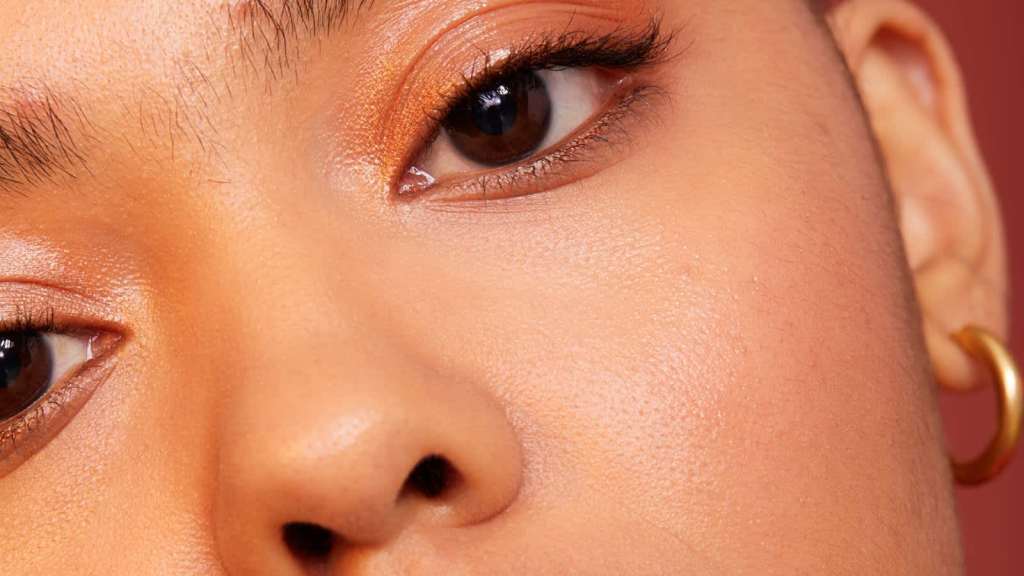Between the bushfires that ravaged Australia over the last few months and the increasing effects of climate change, air pollution is a hot topic.
According to the Climate Council, climate change directly contributes to air pollution.
“Climate change affects air quality in a range of ways, including through its influence on pollutants such as ozone and particulate matter (fine particles in the air), and aeroallergens, such as pollens and moulds.”
These particles within the air have an effect on human health, especially your skin. According to a study published in 2017 that measured the effect of pollution on the skin, pollutants can exist as solids, liquids and gases. And, these can be directly absorbed “through the skin into the subcutaneous tissue or via hair follicles and sweat/sebaceous glands.”
This makes sense, considering that skin is your body’s largest organ and is the first line of defence to the outside environment. Despite having a protective mechanism, your skin isn’t foolproof. According to research, while “human skin acts as a biological shield against pro-oxidative chemicals and physical air pollutants, prolonged or repetitive exposure to high levels of these pollutants may have profound negative effects on the skin.”
What are the physical impacts of air pollution on the skin?
Air pollution can physically manifest on the skin in uneven skin tone, a noticeable acceleration in ageing and in some cases, skin cancer, as reported by Self.
A study published in 2010 studied 400 Caucasian women aged between 70 and 80 years old and found a correlation between air pollution and pigment spots. According to the research, “an increase in soot and particles from traffic was associated with 20% more pigment spots on forehead and cheeks.”
The 2017 study also found that exposure to ozone was associated with skin conditions like eczema, contact dermatitis and hives. Polyaromatic hydrocarbons, which are released in the air from the production of fossil fuel plants (like coal and oil) and petrol refineries, has also been associated with skin cancer, extrinsic skin aging, pigmentation and acne.
How to protect yourself against the effect of skin pollution
Washing your face every day is an easy way to clear away any grime or pollution sitting on the surface of your skin. It’s up to you whether you want to wash your face in the morning, but definitely always give it a good cleanse in the evening before bed.
“Think of a pollutant as a smoldering cigarette butt that’s stuck in your skin, continuing to emit toxic chemicals,” Dr. Doris Day, a clinical associate professor of dermatology, told Self.
Dr. Day also recommended regular exfoliation to really help clean the skin’s surface.
“Simple washing may not be enough to remove it, but exfoliating can get those cells out of there,” she told Self.
Make sure to exfoliate your skin a few times a week. Choosing an exfoliant depends on the sensitivity of your skin, but these ones by Go-To are pretty great.
Pollution can also cause free radicals to develop in your skin. Basically, free radicals cause damage to cells, proteins and DNA and are often linked to skin cancer. Research has shown that antioxidants are the best defence against free radical damage and while our body naturally produces antioxidants, it is an insufficient amount, says Live Science.
You can easily boost antioxidants in your body through foods like blueberries and leafy greens and through the of use antioxidant rich skincare products like serums and oils. Layer on an antioxidant product every night to help product your skin against free radical damage. This face oil by Jurlique is deeply hydrating and helps in the fight again free radicals.
Lastly, slather on a barrier-style product every day to prevent exposure to pollution. The easiest way to do this is by wearing SPF (which you should already be doing every single day!). Just as climate change causes air pollution, it has also contributed to the degradation of the ozone layer, which is particularly thin for us in Australia, so the sun is extremely potent.
“Utilize sunscreen, antioxidants and proper cleansing, and you won’t end up with skin that’s older than its years—or a higher risk for skin cancer,” Dr. Day told Self.
Protect your skin, friends!







